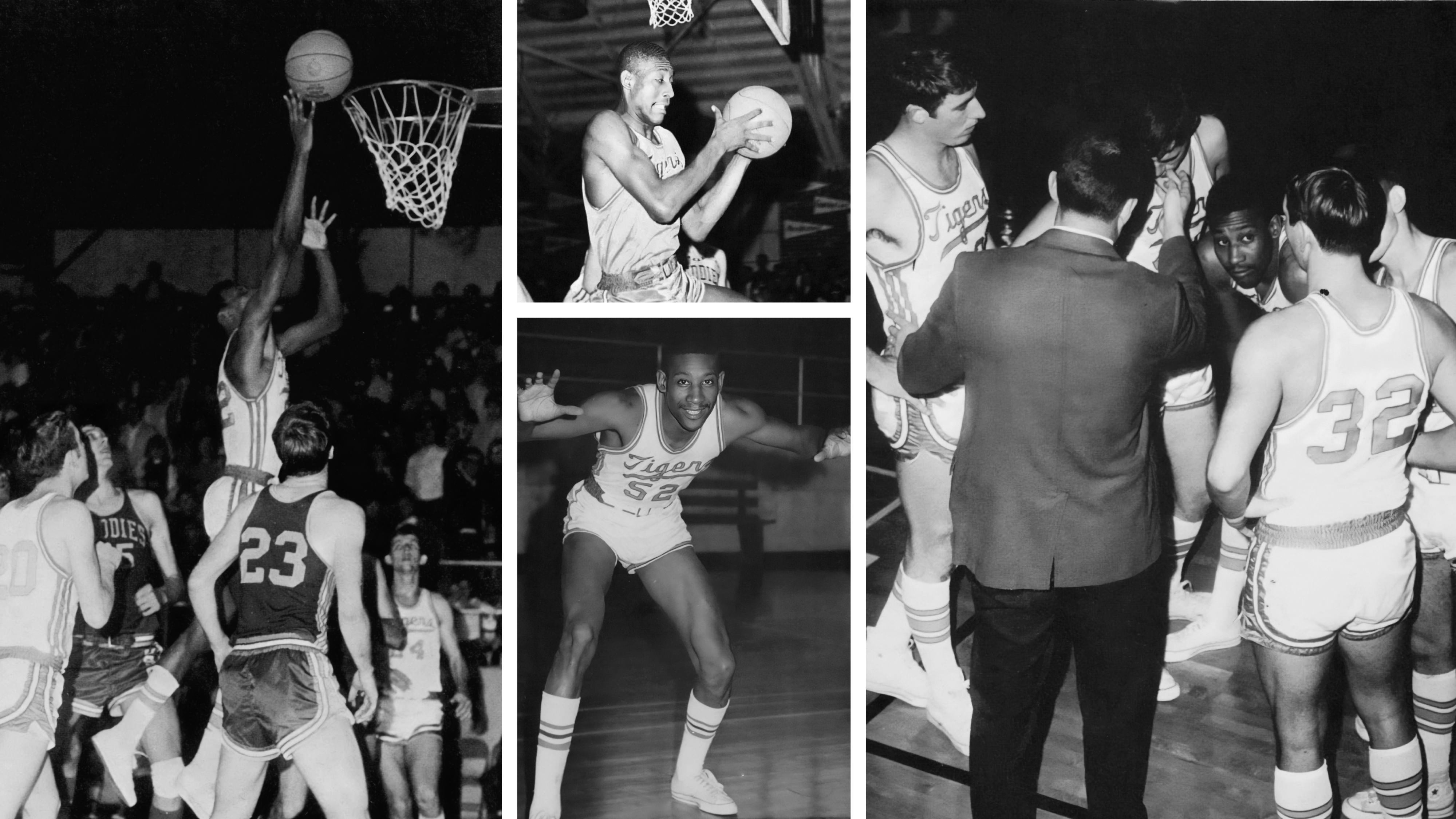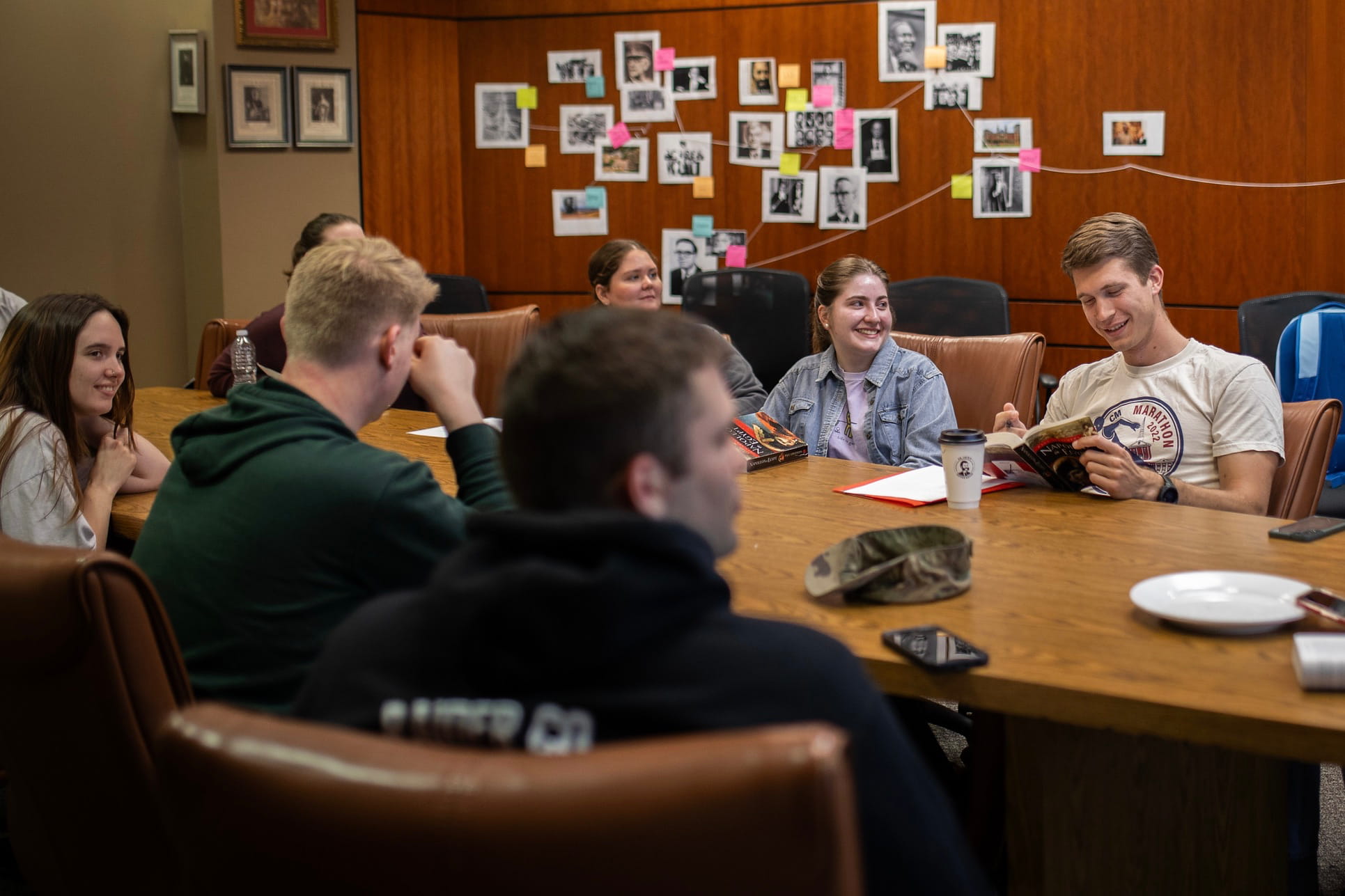OBU professors explore Islam, China and the art of connecting at NEH seminars
September 10, 2015 - Cimber Winfrey
Two Ouachita Baptist University professors, Dr. Barbara Pemberton and Dr. Amy Sonheim,
recently joined with scholars and educators from around the world to participate in
National Endowment for the Humanities (NEH) summer seminars.
For Pemberton, professor of Christian missions and director of the Carl Goodson Honors
Program, and Sonheim, professor of English, the seminars provided a unique opportunity
to connect with people from various cultural, political and religious backgrounds
and to transfer their discoveries to students at Ouachita.
Established in 1965 as an independent federal agency, NEH works to strengthen teaching
and learning in schools, colleges and institutional bases for humanities across the
country. Eager to delve into a deeper understanding of the world around them, Pemberton
and Sonheim jumped at the opportunity to challenge themselves academically, widen
their cultural worldview and connect with people from all walks of life through the
NEH Institute.
Pemberton first discovered NEH through friend and retired faculty member, Dr. Raouf
Halaby, professor emeritus of Art and Design and English. After a lengthy application
process, including a personal essay on how her knowledge and expertise might benefit
the institute, Pemberton was invited to NEH’s American Muslims: History, Culture, and Politics seminar at George Washington University in Washington, D.C.
The seminar presented in-depth research in order to take the study of American Islam
from the margin of the academy to mainstream. “The NEH Institute was one of the most
challenging, inspiring, and intellectually energizing experiences of my academic career,”
Pemberton said. “It is so exciting to be included in the initial research on this
development in my field.”
With an estimated three million to four million Muslims currently living in the U.S.,
the study is more relevant than ever before. “Islam is the fastest growing religion
in America,” Pemberton said. “And since Islam comes up often in the news, it is important
to accurately understand it, especially as it is practiced here in the U.S.”
Pemberton’s love for learning grows out of a deep-rooted passion to understand and
connect with the Muslim community in the United States. Whether it be through music,
literature, religion or art, Pemberton believes that everyone has the ability to relate
to one another on a human level, despite any cultural, economic or religious differences.
Similar to Pemberton, Dr. Sonheim was also encouraged to apply for the NEH program
by Dr. Halaby. However, her journey truly began last fall after teaching a class on
“Boxers and Saints,” a graphic novel describing the uprising of Chinese peasants during
the 19th century. “During the course, my students and I bumped into the proverbial
Great Wall of China—we were walled off from China’s history, language, literature
and politics,” said Sonheim. The more she read about Chinese civilization the more
she wanted to understand. “My curiosity to learn was a spiritual gift,” she said.
After submitting an essay, course schedule, publishing record and two references,
Sonheim was invited to participate in NEH’s America and China: 150 Years of Aspirations and Encounters seminar at Calvin College in Grand Rapids, Michigan.
Once there, she was quickly immersed in the richness of Chinese history and culture.
“It was exciting to find myself standing at the edge of the vast mountain of knowledge
concerning Chinese history and realize that if I learned a stone of information, then
I could place another stone on top,” she noted.
Despite diverse backgrounds and varying beliefs, Sonheim bonded with her fellow scholars
over mutual wonder and respect for Chinese civilization. At the same time, she was
eager to return home and transfer her newfound knowledge to her students. “The seminar
transformed what I think, how I think and how I will teach about China,” Sonheim added.
It was a summer of searching and learning and understanding, but more than that, it
was a time of connecting with people. These women sought knowledge at NEH, not simply
for knowledge sake, but in order to bring about change in their fields, foster relationships
with those they had never met before and inspire others to connect with the world
around them.
By Cimber Winfrey
You Also Might Like
Ouachita reports Spring '26 enrollment, led by 50% increase in graduate students
February 11, 2026Recent
Ouachita reports Spring '26 enrollment, led by 50% increase in graduate students
February 11, 2026



